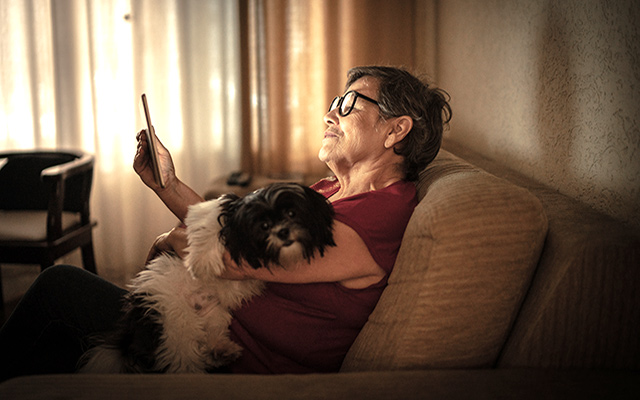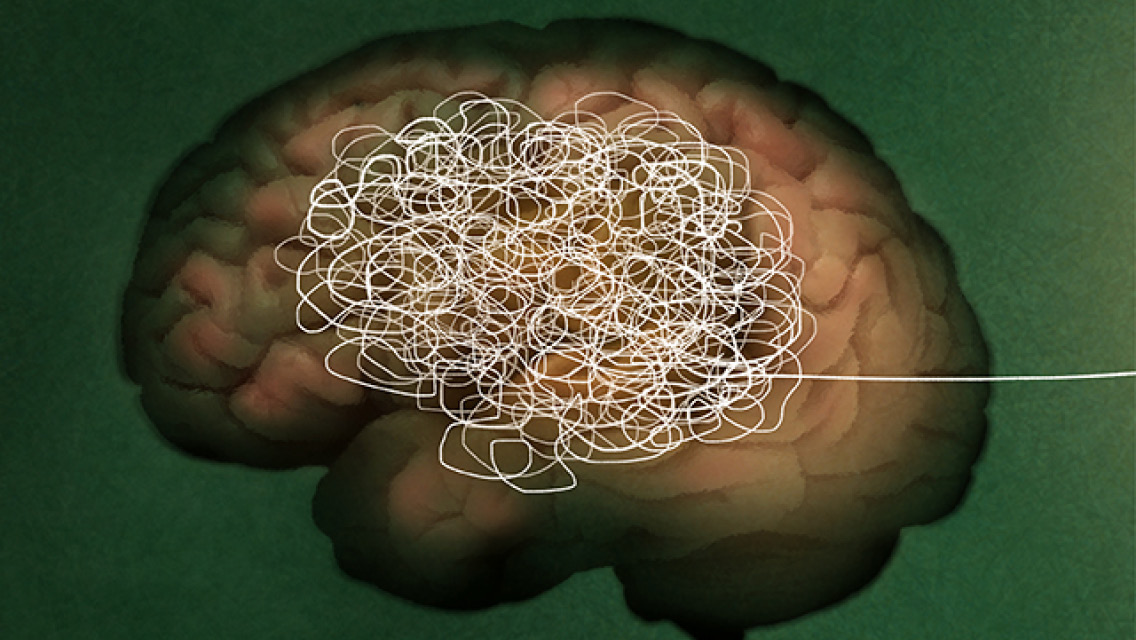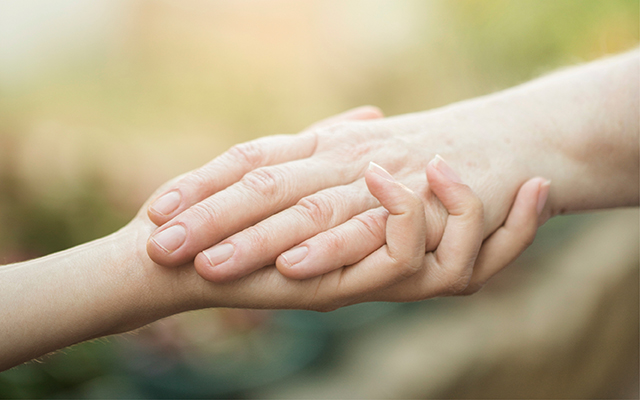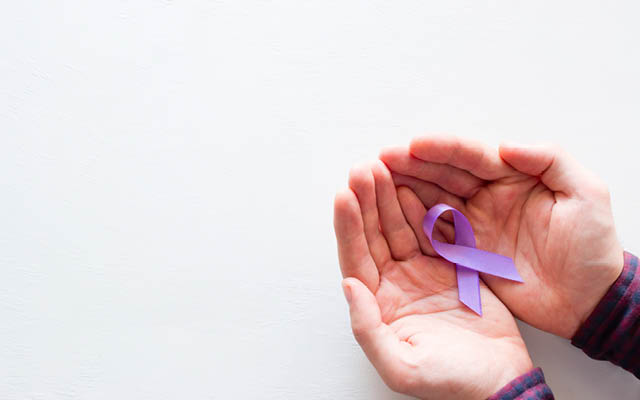If there’s an upside to the current pandemic that has so dominated life here in Geezerville since March, it’s that I’ve almost forgotten about the looming threat of dementia. That’s not to say it doesn’t intrude occasionally when the location of the cheese grater or the name of some niece’s second husband escapes both My Lovely Wife and me, but we’ve been more focused on avoiding the death-dealing virus than worrying about losing our marbles.
The same seems to be true of the research community. I’m just not seeing much in the way of Alzheimer’s studies these days, and when something does crop up — like the “breakthrough” blood test announced by Lund University scientists this past summer — it seems to produce little more than a collective yawn. It’s as if a virus-wary world were saying, “Where’s the COVID connection?”
That’s probably why I was struck by a recent dispatch from the University of Pittsburgh suggesting that robust levels of social engagement may actually be linked to dementia-fighting gray matter in the aging brain. Not only do geriatrician Cynthia Felix, MD, MPH, and her team argue that sociability may change the brain, but their findings are gift-wrapped in a clearly intractable and timely conundrum: Why should vulnerable geezers like MLW and me seek out a lively social life to protect our gray matter when such levels of conviviality may land us in the ICU?
It turns out that the report, published in the Journals of Gerontology: Psychological Sciences, is based on a rather small sample: 293 participants from the Health, Aging, and Body Composition (Health ABC) Study with an average age of 83. Researchers gathered self-reported information on the participants’ social activities and measured the integrity of their brain cells associated with social engagement using a particularly sensitive brain scan. The more sociable the participant, they discovered, the more functional gray matter in the regions of the brain designed to recognize familiar faces, make decisions, and feel rewarded.
This was all done before the plague hit, Felix admits, when various other factors — loneliness, anxiety, depression — may have affected a participant’s state of mind. And the findings do not prove causality. It could be that folks whose brains are loaded with operational gray matter just tend to be more sociable (which probably says something about mycognitive capabilities). Still, she notes that “prescribing” a more convivial lifestyle may be one option for physicians as they struggle to help their patients fend off Alzheimer’s.
“Our data were collected before the COVID pandemic, but I believe our findings are particularly important right now, since a one-size-fits-all social isolation of all older adults may place them at risk for conditions such as dementia,” she explains in a statement. “Older adults should know it is important for their brain health that they still seek out social engagement in safe and balanced ways during the pandemic.”
This is easier said than done, of course. I’m fortunate to be cohabitating with a lively conversationalist who routinely challenges my gray matter to leap into action. But aside from MLW’s constant presence and our grandson’s weekly visit, my social calendar was pretty spotty even before the plague hit.
I did surprise myself a couple of weeks ago when I invited one of my few friends over to watch some basketball. We both masked up, he sat way over there, I sat way over here, and we spent a couple of hours quaffing beers while hooting and hollering like old times. It was oddly thrilling.
Then, when a blizzard prevented a reprise last week, I set up my computer on a box in front of the TV and we zoomed the game together. I can’t say it had the same immediacy as our earlier rendezvous, but I figured any effort to shore up my gray matter is worth a try. Trouble is, I’m now wondering whether my COVID-averse frame of mind is gradually eroding and setting me up for some viral consequences.
It would be the height of irony, after all, if an ongoing attempt to upgrade my brain with a burst of conviviality led to some tragedy at the hands of the virus. Even if I can’t remember where I left the cheese grater, I at least know where the present danger lies.




This Post Has 0 Comments